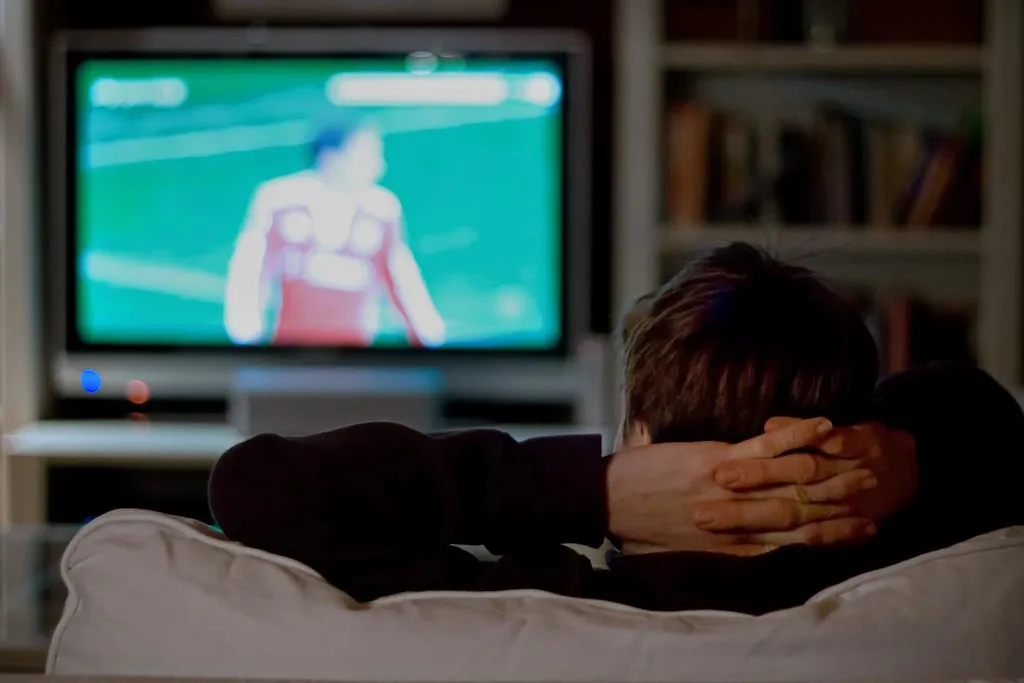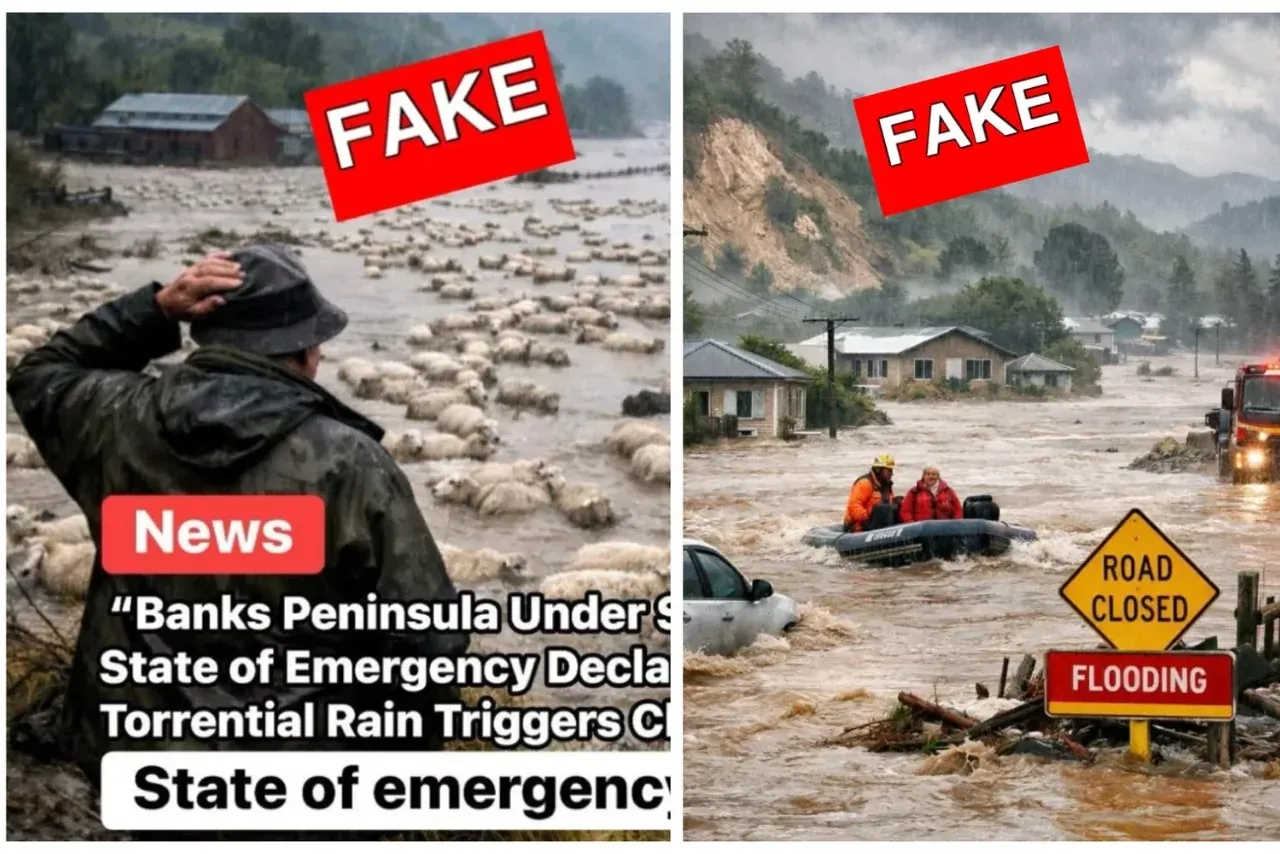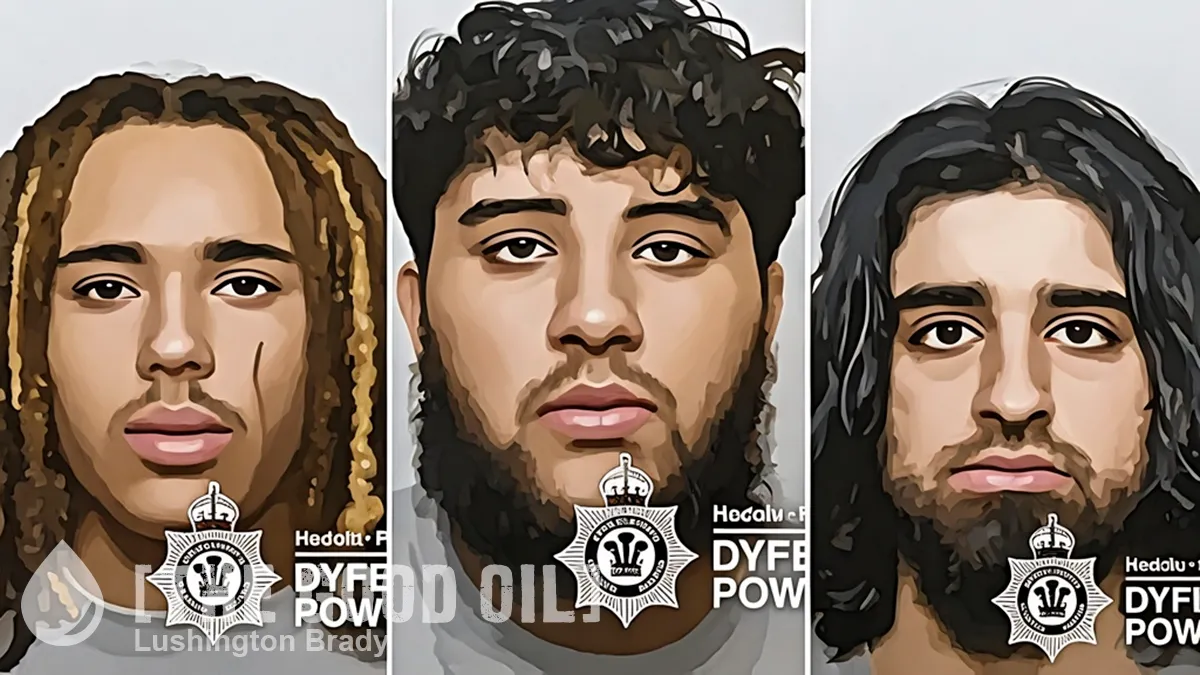Table of Contents
I recently tried to find a programme to watch on TVNZ on Demand. I have been subscribed for quite some time and it is largely a great service. Unless you are deaf. Like me. And require closed captioning. Identified by the symbol CC and once to be found in a separate category.
But no. That CC category no longer exists. A holding page refers us to the home page and advises that TNVZ now offers captioning on around 60% of its content. Fantastic. Wonderful.
Except that, with no up-front way of identifying the 60% I, and others like me, must sift through the 100% to locate the 60%.
Which TVNZ+ shows have captions/subtitles?
Nearly 60% of the content available on TVNZ+ is captioned. To see whether a specific programme or movie carries captions, simply select a title and go through to the relevant show page. Once you’re on the show page look for a ‘CC’ symbol next to the episode or movie you want to play. Once you hit play, you can turn captions on and off within the video player by selecting the ‘CC’ symbol in the bottom right corner.
If you can’t see a ‘CC’ symbol on the show page, and there is no option to turn captions on and off in the accompanying video player, unfortunately, this piece of content does not carry captions yet. We’re working with our accessibility provider, Able and our international distributors to grow captioning on our streaming platform as quickly as possible. If there’s a programme you’re keen to see added to the service, hit the contact us button and let us know! You can also drop our friends at Able a line here – hello@able.co.nz.
TVNZ are loath to see a problem. In response to my querying the absence of the formerly helpful section, I received from their unhelpful help desk the reiteration of their page announcing the lack of the CC category because 60% of content does have the magic letters CC. Not upfront though.
TVNZ now requires us to investigate each and every programme that we wish to watch by identifying image by image, opening the show and finding – no captions available. So back to the beginning then. Try to find another programme that interests you – repeat the opening process – and, again, no closed captions are available.
There are separate sections for kids – as there should be. For sports. For drama. For pre-schoolers. Sci-Fi. Docos. Food. For everything you wish for – except the category identifying programmes with closed captions for the deaf, and others who wish to use the captions. We are now all excluded from easy access to programmes that we can actually access.
Accessibility for the disabled in today’s world is paramount. We are entitled to live our lives with dignity – and the law agrees. But TVNZ does not because they apparently do not understand what they have so carefully done.
Surely there is a way of including the CC symbol on each opening image so that in the absence of a section of captioned programmes we can still see at a glance that which we can see and that which remain closed to us as they are not captioned.
The issue is not confined to TVNZ. Wider is the problem of what ‘deaf’ actually means to the community. I am forced to carry a sign around with me that says: “I am profoundly deaf.” Well, I was forced to do that until no one had a clue what that meant and so I have lately amended it: “I am profoundly deaf. That means I cannot hear anything you say to me.” I may have to have it tattooed on my forehead.
Deafness is effectively an invisible disability and so is not even recognised by many as being a disability. In any form. Here are some of the comments people have made to me over time.
You are lucky you are deaf, you don’t have to hear the kids.
I would give anything to hear my kids and grandkids. And everyone else. I will never again hear my husband across the dining table. Or music. Or anything much at all. Just some noise. No differentiation of speech.
You’re lucky you don’t have a real disability – you could be blind, or a cripple, just imagine how awful that would be.
Either would, of course, be hideous, but believe me, deafness ain’t no walk in the park. Deafness IS a real disability.
You should learn sign language.
Very likely. Will you learn it with me?
I’m not deaf. I don’t need to learn sign language.
Said in tones of incredulity.
So, shall I sit in the corner and talk to myself?
More incredulous looks that I would refuse to help myself and learn sign language in the absence of knowing anyone who signs. And thanks for the heads up but my family lives overseas and we use technology via Google to meet and speak to each other.
It doesn’t really matter that you can’t hear a concert/movie/presentation – you can still see it.
Um, let’s just think about that for a moment! Should we do away with the sound for everyone then and we can all just watch the shows – it really won’t matter.
So, you lip-read then.
A statement. Um, do you? Lip-reading is not a compensation bestowed by a benevolent deity on those who lose or have no hearing. It is very difficult and around 70% of words are not visible on the lips – even of those who bother to speak more slowly and enunciate clearly for us. And never on the lips of those who turn their heads away from us when we are trying to read what they are saying.
I think you have selective hearing – you heard something so you aren’t really deaf.
Um, again…we try to read your lips, we look at your body language, especially your face. We may not ‘hear’ you but we may get lucky and make sense of what is being said. Telling us we have selective hearing is an insult larger than you can comprehend.
You can speak well so you can’t be deaf.
The difference between pre- and post-lingual deafness is clearly not understood.
You should get a hearing aid – I can’t believe you don’t wear one – or two – my grandfather does and blah blah blah…
With all due respect to you and your grandfather, not all forms of deafness are suitable for a hearing aid. I have worn them. They make things far, far worse for me.
Why don’t you get a cochlear implant – my grandfather blah blah blah…
Ditto re respect to you and your grandfather but cochlear implants are not for all of us either. And yes, I have investigated this. And you have not. Please do believe me – although very often you don’t and again consider I chose to become this way and refuse to help myself.
I appreciate that many people do not consider their deafness to be a disability. I do. When it comes to daily living, to making an enquiry in the bank, to ordering a cup of coffee, to attending a doctor’s appointment, to doing anything that needs some form of communication that both parties can easily understand – yes, it is a disability. I have to ask people to write things down for me. Because text we all understand.
Technology is improving and the changes over the years that this has become an issue for me are huge.
Take, for example, the technology that would see the availability of closed captions at programme source. It would be wonderful if TVNZ could find a way of promoting in a direct and easily accessible way the impressive increase in captioned programmes with that small but so important symbol: CC.
Until then I, along with thousands of others, will continue to tap our way through to the 100% to locate the 60% of programmes we can access.









